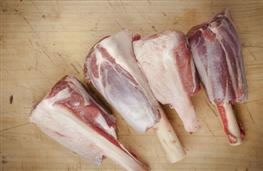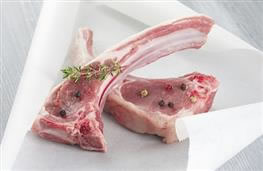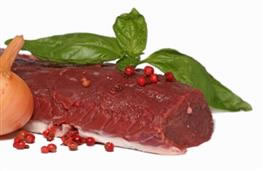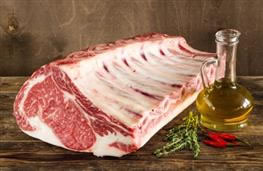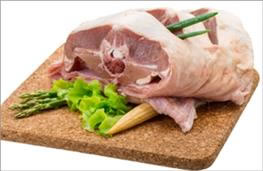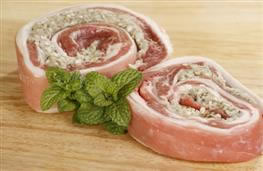Kilocalories - calories
Health benefits of Kilocalories - calories:
A calorie is the amount of energy (or heat) needed to increase the temperature of one gram of water by 1 degree Celsius.
The Worlds Science
See the bottom of this page for the ingredients highest in calories
What are Calories?
A calorie is the amount of energy (or heat) needed to increase the temperature of one gram of water by 1 degree Celsius.
What are Calories?
A calorie is the amount of energy (or heat) needed to increase the temperature of one gram of water by 1 degree Celsius.
1000 calories = 1 kilocalorie, so is the energy it takes to raise the temperature of 1kg of water by 1 degree Celsius. In everyday language we normally refer to kilocalories as calories.
Why does it matter to me?
We need energy for our brains, muscles and every cell in our body, and we acquire this energy from food.
The number of calories in a food is a measure of how much potential energy that food has. A gram of carbohydrate and protein provide 4 calories, a gram of fat provides 9 calories. So if you know how many carbohydrates, fats and proteins are in your food, you know how many calories (how much energy) that food contains.
Why does it matter to me?
We need energy for our brains, muscles and every cell in our body, and we acquire this energy from food.
The number of calories in a food is a measure of how much potential energy that food has. A gram of carbohydrate and protein provide 4 calories, a gram of fat provides 9 calories. So if you know how many carbohydrates, fats and proteins are in your food, you know how many calories (how much energy) that food contains.
Are all calories equal?
It is now thought that not all calories are equal and do not have identical effects on our weight or health.
Different foods are absorbed in different ways and have varying effects on hunger, hormones and health.
David Kirchhoff the CEO of Weight Watchers has said "we need a program that recognises that all calories are most definitely not created equal".
How many calories do I need?
The amount if calories we require in a day depends on our size, gender, age and activity level, so rough guidelines are given of between 2,000 and 2,500 for a man per day and 1,600 to 2,400 for a woman for example.
The Harvard Medical School suggests 28 Calories per kilogram (12.72 per pound) of body weight.
RDA information for calories per day:
We have set guidelines for average adults, average pregnancy and average breastfeeding RDAs of:
1,800 to reflect an average weight for an adult woman of 65kg
2,100 for an average man of 75kg.
2,300 for an average pregnant woman
2,300 for an average breastfeeding woman
David Kirchhoff the CEO of Weight Watchers has said "we need a program that recognises that all calories are most definitely not created equal".
How many calories do I need?
The amount if calories we require in a day depends on our size, gender, age and activity level, so rough guidelines are given of between 2,000 and 2,500 for a man per day and 1,600 to 2,400 for a woman for example.
The Harvard Medical School suggests 28 Calories per kilogram (12.72 per pound) of body weight.
RDA information for calories per day:
We have set guidelines for average adults, average pregnancy and average breastfeeding RDAs of:
1,800 to reflect an average weight for an adult woman of 65kg
2,100 for an average man of 75kg.
2,300 for an average pregnant woman
2,300 for an average breastfeeding woman
For an accurate way to calculate your daily calorie needs you can use the Basal Metabolic Rate calculation (BMR) - see below
Male BMR = (10 x weight in kg) + (6.25 x height in cm) - (5 × age in years) + 5
Female BMR = (10 x weight in kg) + (6.25 x height in cm) - (5 × age in years) – 161
Male BMR = (10 x weight in kg) + (6.25 x height in cm) - (5 × age in years) + 5
Female BMR = (10 x weight in kg) + (6.25 x height in cm) - (5 × age in years) – 161
Then:
Little to no exercise - daily kilocalories needed = BMR x 1.2
Light exercise (1–3 days per week) - daily kilocalories needed = BMR x 1.375
Moderate exercise (3–5 days per week) - daily kilocalories needed = BMR x 1.55
Heavy exercise (6–7 days per week) - daily kilocalories needed = BMR x 1.725
Very heavy exercise (twice per day, extra heavy workouts) - daily kilocalories needed = BMR x 1.9
As a checkyourfood.com member you can set your own personal calorie intake in - My Area - Account - Settings
Light exercise (1–3 days per week) - daily kilocalories needed = BMR x 1.375
Moderate exercise (3–5 days per week) - daily kilocalories needed = BMR x 1.55
Heavy exercise (6–7 days per week) - daily kilocalories needed = BMR x 1.725
Very heavy exercise (twice per day, extra heavy workouts) - daily kilocalories needed = BMR x 1.9
As a checkyourfood.com member you can set your own personal calorie intake in - My Area - Account - Settings
Not a member? Get your free account here so you can set your own intake, track your food and benefit from daily, weekly and month reports.
Review date: 2/14/2022
Next review date: 2/14/2023

291
445
https://www.checkyourfood.com/content/blob/Micronutrients/top-foods-for-Kilocalories-calories.jpg
Top 6 ingredients for Kilocalories - calories taking into account portion size and cooking retention factors
Filter ingredients by:

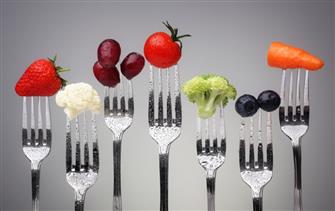 About nutrients
About nutrients
 All nutrients
All nutrients
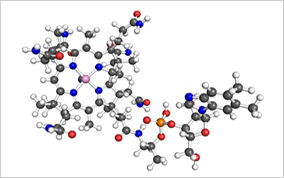 vitamins
vitamins
 minerals
minerals
 phytochemicals
phytochemicals
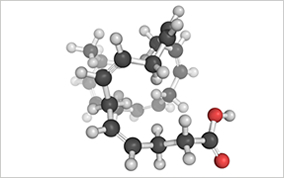 fatty acids
fatty acids
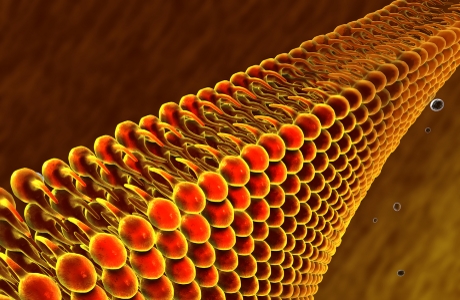 macronutrients
macronutrients
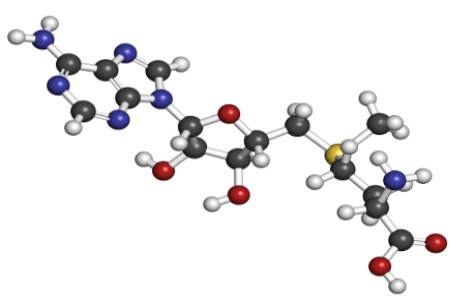 amino acids
amino acids
